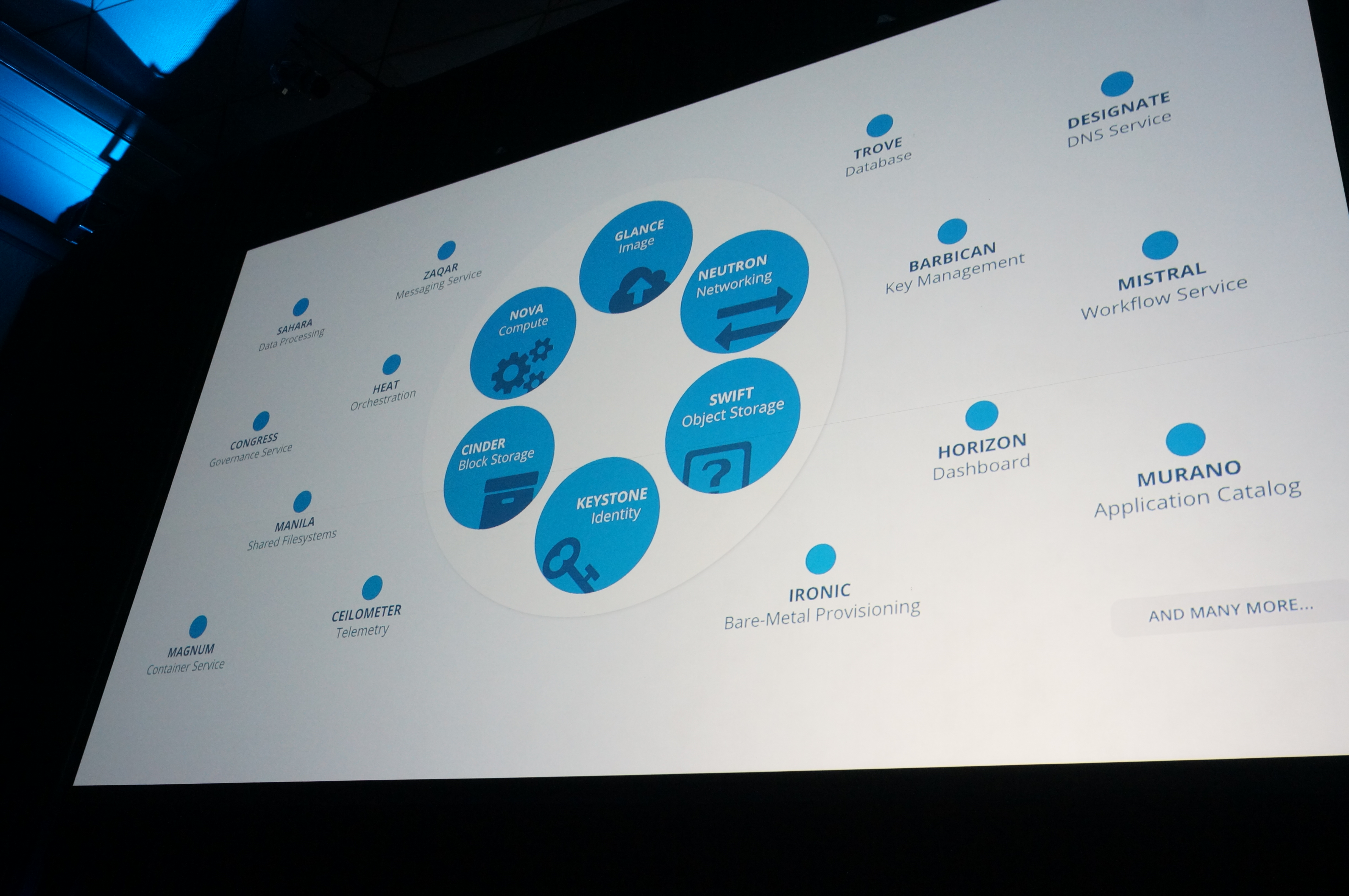The OpenStack Foundation, the nonprofit behind the increasingly popular open-source cloud computing project, today announced the launch of a certification program for OpenStack cloud admins during its bi-annual developer conference.
Given the complexity of OpenStack, which consists of a large number of sub-projects, it’s typically hard for businesses that want to adopt the technology for their cloud computing solutions to find qualified administrators.
A few years ago, the foundation launched a training marketplace that lists courses from major OpenStack vendors like RedHat and Mirantis, as well as organizations like the Linux Foundation. As OpenStack executive director Jonathan Bryce noted in his keynote today, this project has been very successful, but he acknowledged that there is still a clear talent gap.
This new certification process, which the foundation developed with the help of representatives from over a dozen companies (including Canonical, Cisco, HP, Mirantis, Rackspace and SuSE), is meant to establish a baseline for the OpenStack admins.
Admins who want to be certified will have to take a virtual certification test that will be available globally. The foundation expects that it will administer the first tests — with the help of the Linux Foundation — in 2016. About 20 training providers will offer OpenStack Admin courses to help admins prepare for the test. It’s unclear how much the actual certification tests will cost, though.
OpenStack COO Mark Collier told me during a press conference after today’s keynote that the organization plans to look at offering similar certifications for OpenStack developers and other roles in the project’s ecosystem in the future.

In addition to the training program, the OpenStack Foundation also today launched a new Project Navigator. This service, too, is driven in part by the complexity of OpenStack and the more than 25 services and projects that now fall under its umbrella.
Project Navigator offers users a catalog of information about the various OpenStack projects, including data about their maturity and packaging, as well as documentation support. The Project Navigator also stresses OpenStack’s reorganized structure, which now divides projects into core services (think compute, networking and storage) and optional services.
“One of the primary reasons that the community reorganized the project into core and optional services was to simplify the process of architecting and deploying OpenStack-powered clouds,” Collier said today. “Project Navigator takes this a step further by giving users new to our community a simple, graphical presentation of core and optional project information to help them quickly make informed decisions about the components they need in their own deployments.”
